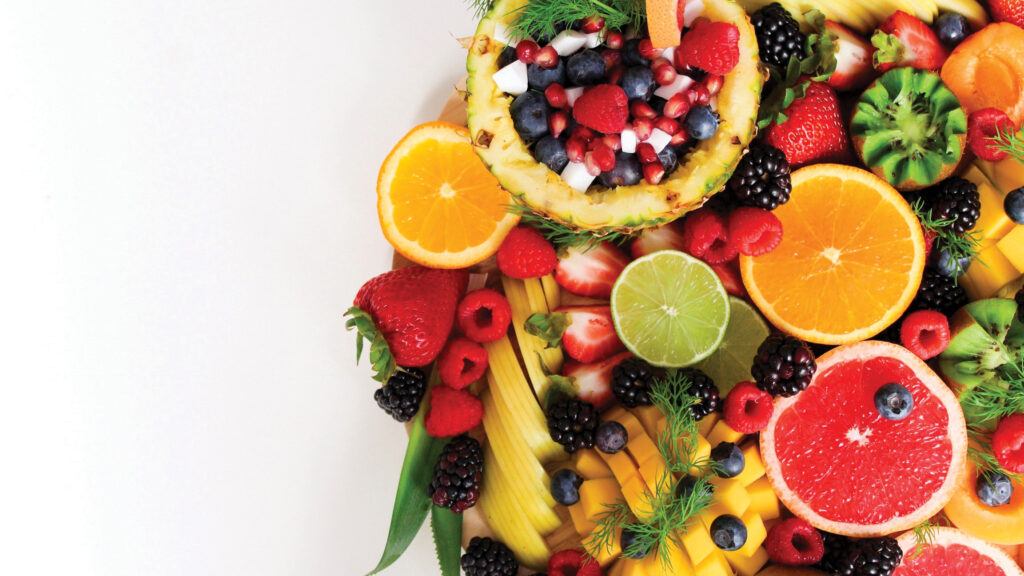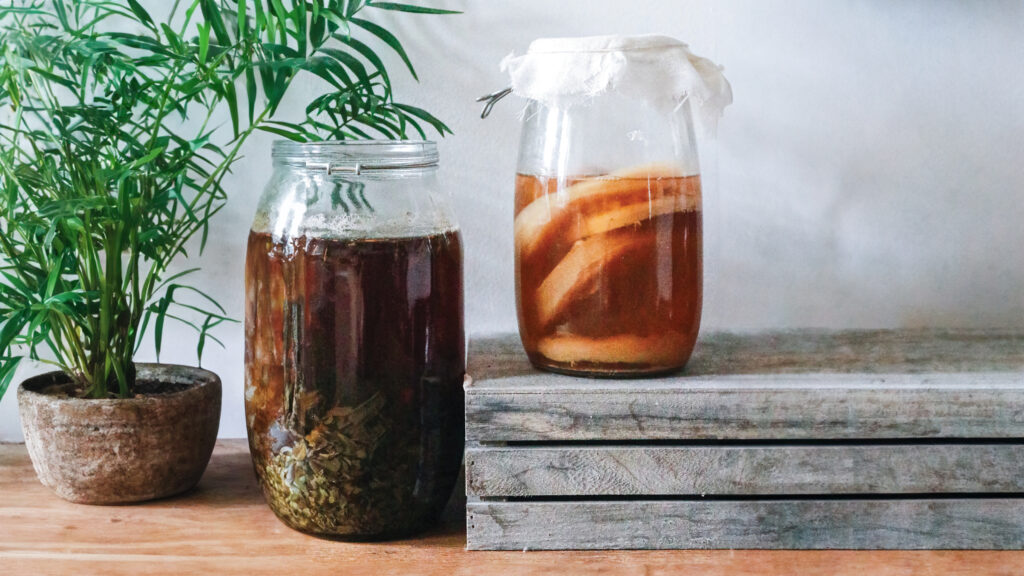
Ageing Enlightenment: How science frames the contemporary search for continued youth
Combating ageing to stay young in mind and body and maintain that youthful glow is no longer some impossible holy grail shrouded in mystery or reliant on magical potions. Whether increased physical activity and mental agility or simple dietary adjustments, there are plenty of scientifically proven ways we can ward off time and even reverse the ageing process.
Do High-Intensity Exercise

Exercise, especially high-intensity aerobic exercise that increases the heart rate, is known to have a rejuvenating effect across the entire body, from the immune system and the brain to the skin and the heart. Scientists attribute a lot of this to mitochondria – the power sources within your cells.
Mitochondria can be thought of as tiny batteries that live inside our cells and provide them with energy. Research by Associate Professor Matt Robinson of Oregon State University found that just a few minutes of high-intensity interval training can help restore mitochondria and thus reverse the signs of ageing. Sharing his conclusions in a BBC podcast, he notes: “Exercise stimulates both the removal of older mitochondria and the synthesis of new mitochondria.”
Research suggests it is not just muscles that benefit from intense exercise but tissues in your brain as well. To have a powerful effect, the level of exercise should elevate the heart rate to the extent that carrying on a conversation should be problematic. This exercise can be quickly and relatively easily incorporated into our daily lives by increasing walking pace or taking the stairs, as Robinson points out. A greater level of exertion can then be considered.
Take Up Resistance Training

It is becoming increasingly clear that resistance training and building up your muscle mass holds benefits other than the purely aesthetic. A BBC review of dozens of studies on the effects of exercise on the over 50s has shown that both aerobic and resistance training are good for the brain. Resistance training was found to be especially good for memory and executive function, which includes things like problem-solving. It can also help you get a better night’s sleep.
This kind of exercise can reduce harmful belly fat that produces chemicals which can have a negative effect on your blood sugar levels. Muscles soak up blood sugars during exercise, reducing your risk of prediabetes, and potentially adding years to your life.
The key point is that resistance exercise seems to rejuvenate at the cellular level, boosting the connection between nerve fibres and muscle fibres. “All exercise will boost the connection between nerve and muscle fibres, but I think where resistance exercise really is the champion, if you like, is where we consider the type 2 muscle fibres,” says Professor Abigail Mackey of the University of Copenhagen.
Type 2 muscle fibres – used when lifting heavy objects or making fast movements – are the ones affected most by ageing, notes Mackey. She recommends doing squats and push-ups as excellent forms of resistance training because they train so many muscles, and says that weight training is ideally needed to ward off muscle decay.
Eat More Fruit & Veg

Incorporating fruits and vegetables into the diet has long been known to do wonders for the skin and slow the ageing process. Brightly coloured fresh produce – such as carrots, mangoes, melons, tomatoes, red cabbage, button squash and sweet potatoes – that contain carotenoids are best.
According to a BBC health report, research has shown that collagen levels and wrinkles can be greatly improved with diet and those who eat more vegetables have far fewer wrinkles and plumper skin. Many of these vegetables also help the skin retain moisture and boost collagen.
Carotenoids are highly effective antioxidants that can protect your skin at the cellular level. In laboratory tests, they have been shown to guard collagen-producing skin fibroblasts against damage caused by UV radiation and oxidative stress – both big drivers of skin ageing. They also trigger cells into producing higher degrees of hyaluronic acid, the ingredient in many anti-ageing creams and fillers.
Research by dermatologist Dr Raja Sivamani of the University of California, Davis, shows that eating a daily portion of mango could help reverse existing wrinkles and prevent new ones from forming. “Mangoes are rich in carotenoids – [vital] plant-derived, naturally occurring chemicals that act as antioxidants,” he says. “They are very special because they are also fat-loving, so when they get into the system they can hone into the skin and sit there. They can basically increase your ability to have antioxidant power.”
Sivamani stresses that eating more fruits and vegetables is good for the whole body, not just the skin. “You are also diversifying the gut; you are also having these antioxidants that are floating through your circulatory system,” he says. “There [are] going to be cardioprotective effects, so there [are] many different ways you are getting benefits.”
Feast on Fermented Foods

Humans have been eating fermented foods – bread, beer and kefir to name but a few – for thousands of years because of the taste and since fermentation is a great way to preserve food. Fermented foods can rejuvenate your gut microbes, boost energy and mood, reduce inflammation and, most importantly, improve your immune system for all-round health.
An overactive immune system is known to cause many of the diseases we may associate with ageing, such as joint pain, type 2 diabetes and depression. Studies have shown fermented foods can reduce stress and relieve aches and pains and help people perform better on memory tests.
Dr Justin Sonnenburg, Professor of Microbiology and Immunology at the Stanford University School of Medicine, told the BBC there is a tight link between our immune system and our gut microbiome. Stanford Medicine recently conducted a clinical trial with individuals in one group specifically assigned to eat a wide variety of fermented foods containing live microbes. This group experienced a big increase in their gut microbiome diversity and showed a uniform decrease (up to 30) in many inflammatory markers.
“It is very apparent that our microbes are doing many things to essentially train our immune system, and they are secreting all sorts of molecules,” says Sonnenburg. “These molecules can fundamentally interact with our immune system and can change things like inflammatory state.” He recommends live yoghurt (with bacteria), fermented kombucha and sauerkraut as good gateways to fermented foods.
Learn Something New

Another method recommended by scientists for staying young and mentally sharp is to challenge your brain. Keeping your mind active by learning something new can help build up the neural connections in the brain, making it more resilient against age-related decline.
Research by Dr Rachel Wu of the University of California, Riverside, reveals that learning three new skills at the same time can significantly boost memory in older adults. Cognitive tests revealed that some adults who habitually do this perform like people 50 years their junior. Challenging yourself is the key to forging new brain connections, she notes.







